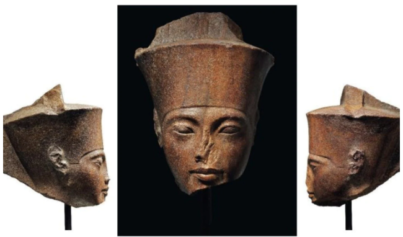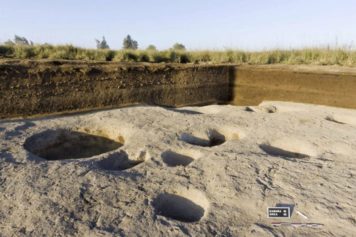CAIRO — An Egyptian judge on Saturday sentenced former President Hosni Mubarak to life in prison for the killing of unarmed demonstrators during protests that ended his rule. It was the first verdict of an Arab ruler brought before the law by a popular revolt and for many Egyptians it may be the greatest achievement so far of the uprising that ended his rule.
Judge Ahmed Rafaat acknowledged that prosecutors had presented no evidence that Mr. Mubarak had directly ordered the killing of protesters but reasoned that he was responsible because he had done nothing to stop the killing. His interior minister, Habib el-Adly, was sentenced to life for the same reason, but the charges against other Interior Ministry officials were dismissed.
The judge also dismissed the bribery charges against Mr. Mubarak and his sons, concluding that the statute of limitations had lapsed. Mr. Mubarak’s sons, Alaa and Gamal, will go free.
Mr. Mubarak, 84, showed no reaction to the verdict as he lay reclining on a hospital gurney in the metal cage that houses all defendants here, wearing dark glasses and a light colored tracksuit. He blinked visibly several times when it was read. His two sons, standing in front of their father, had tears in their eyes.
Although the trial was widely criticized for failing to take stock of 30 years of political violence and corruption under Mr. Mubarak, the ruling is nonetheless Egypt’s most significant step yet toward establishing the principle that no leader is above the law. The country is still awaiting an elected president, a new Constitution and the exit of its current military rulers.
Judge Rafaat called Mr. Mubarak’s rule “30 years of intense darkness, black black black, the blackness of a chilly winter night.” He also waxed poetic about the uprising that ended Mr. Mubarak’s rule.
“The peaceful sons of the homeland came out of every deep ravine with all the pain they experienced from injustice, heartbreak, humiliation and oppression,” he said. “Bearing the burden of their suffering on their shoulders, they moved peacefully toward Tahrir Square in Cairo, Egypt’s capital, demanding only justice, freedom and democracy.”
To read the entire story by David D. Kirkpatrick, go to NY Times


